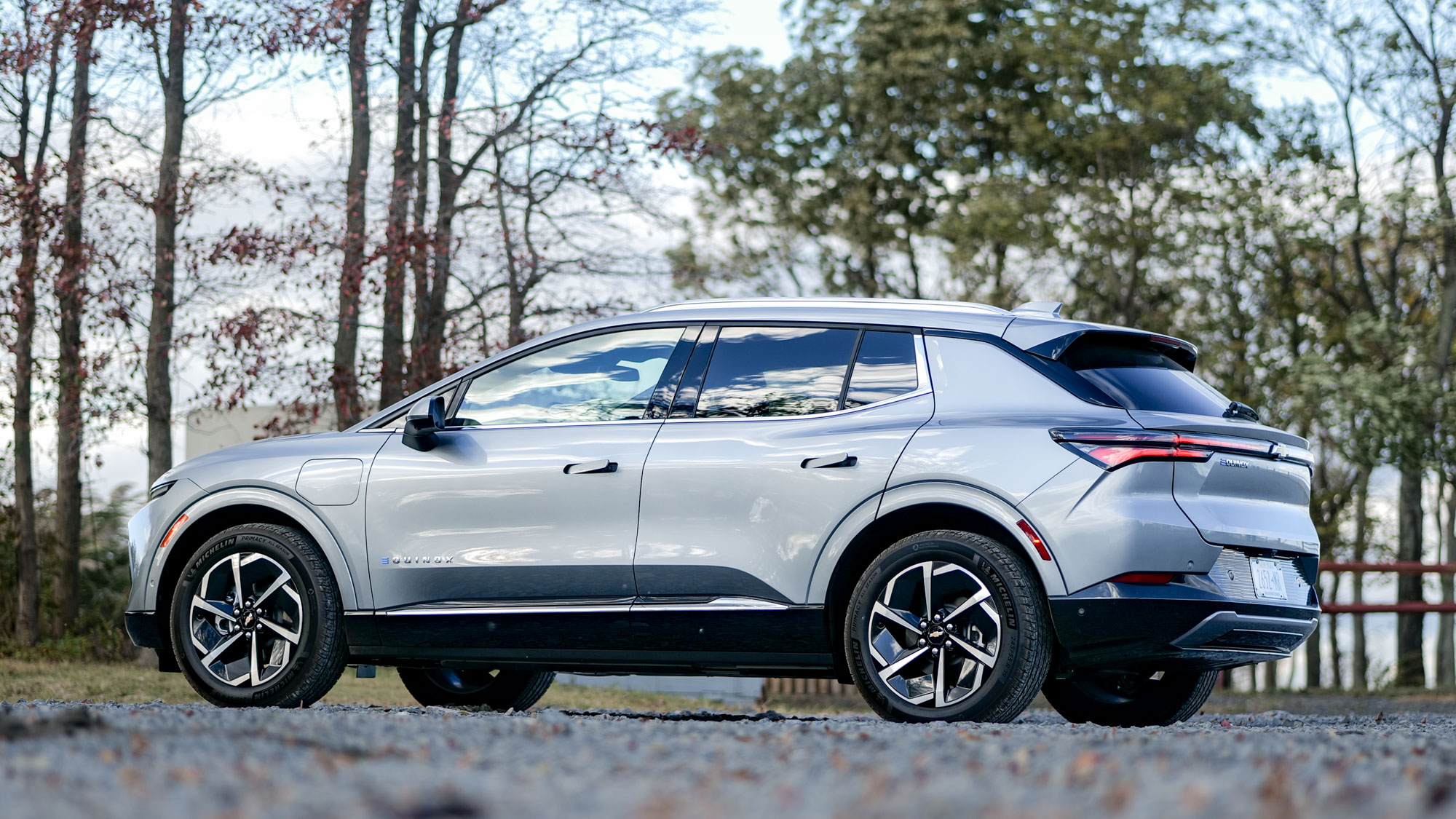
Much like many Americans who are looking to buy their next car, I was still figuring out the pros and cons of EVs when I first started testing them earlier this year. At this point, it’s hard to deny that EVs are the future, but as I’ve seen testing some of the best electric cars, they cost a whole lot more than your typical ICE (internal combustion engine) vehicle. In fact, some argue that the EV revolution has stalled due largely to their cost.
Cost remains the biggest challenge for EVs, with the vast majority of them exceeding $40,000. According to the Social Security Administration, the national average wage index for 2023 was $66,621.80. What’s even more shocking to me is the common rule of thumb for buying a car, which is to spend no more than 10% of your monthly income. If you’re making $66,621 in a calendar year, this would amount to a monthly car payment of about $555.
This is still way more than what I’d be comfortable paying for any car for that matter, but it doesn’t mean EVs are out of reach — especially when you factor in their better long term savings with charging at home and additional tax rebate benefits. In order to better give you a sense of how much each EV I’ve listed below could end up costing you realistically, I’m using Google Gemini to calculate the cost of financing each EV over 69 months, which according to Edmunds is the average amount of time people finance a new vehicle.
After driving more than 25 EVs, here are the 5 most affordable models I’ve tested.
Hyundai Kona EV
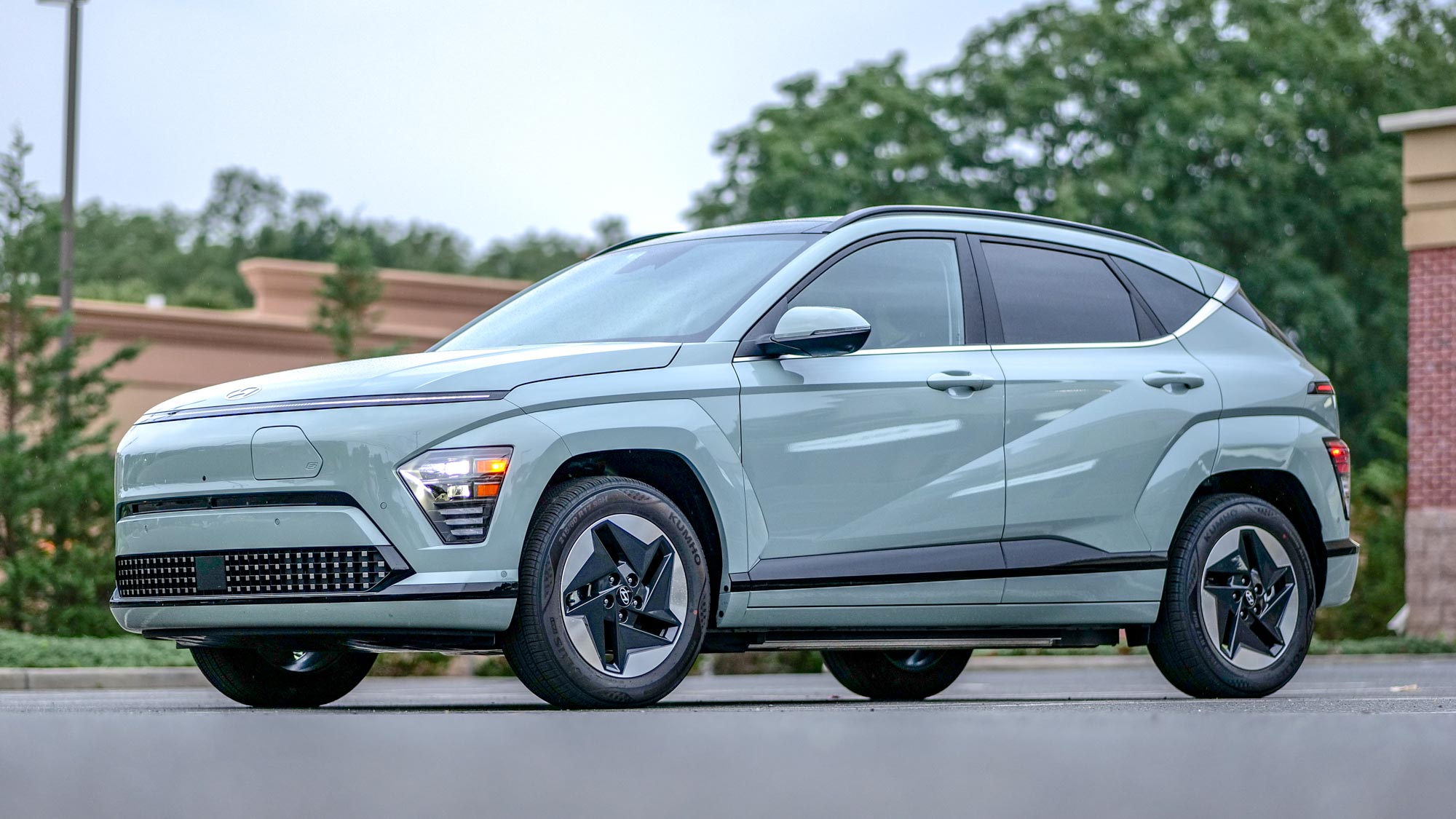
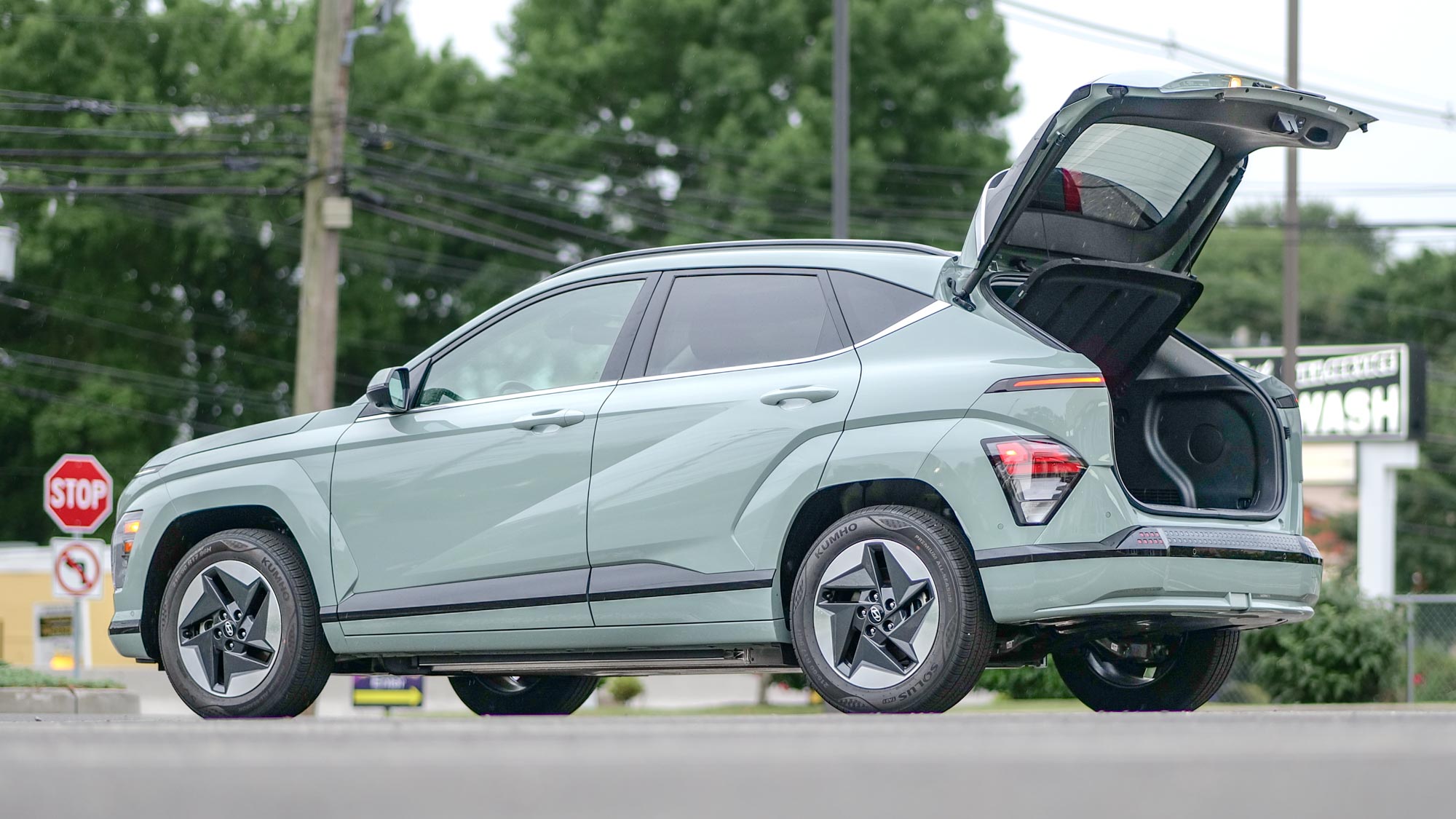

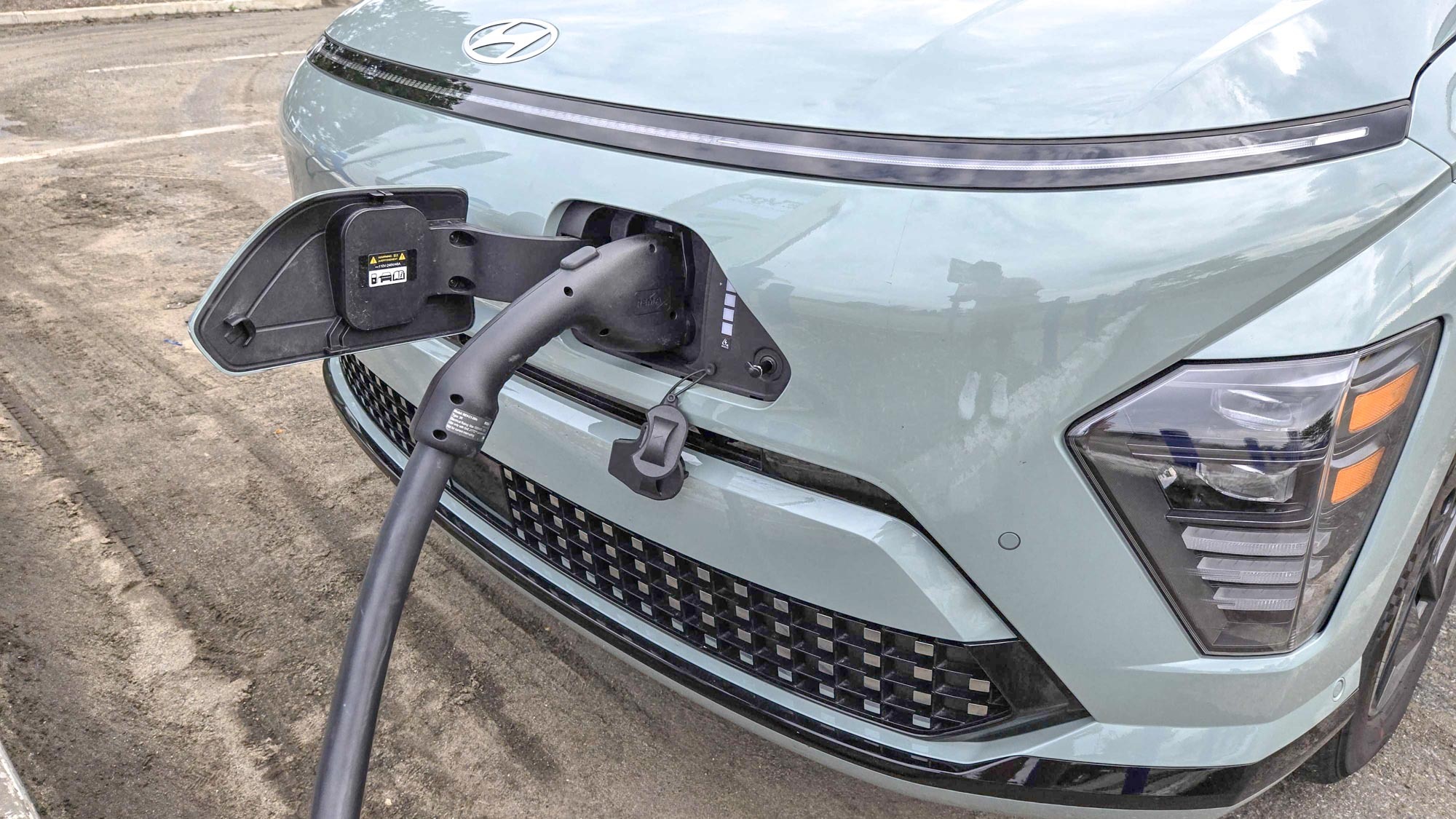

The 2024 Hyundai Kona EV is the most affordable EV I’ve tested in 2024. With its $37,500 MSRP, paying it off monthly isn't it as much of a strain as it can be with other EVs. Here’s what Google Gemini forecasts for a base model I’ve found in inventory, the SEL trim at $41,500:
- Loan amount: $41,500
- Interest rate: 6%
- Loan term: 69 months
- Estimated Monthly Car Payment: $707
- Estimated Total Cost Over 69 Months: $60,233
Since it’s a sub-compact SUV, there’s very little legroom for the rear passengers and the motor’s not all that strong — so accelerating to top speed takes much longer. Despite this, I will say that I was most surprised by the 4.5 mi/kWh efficiency I got with the Kona Electric. This is a big deal because despite the small 64.8 kWh battery it’s packing, it manages to get the most out of each charge.
Hyundai Ioniq 6
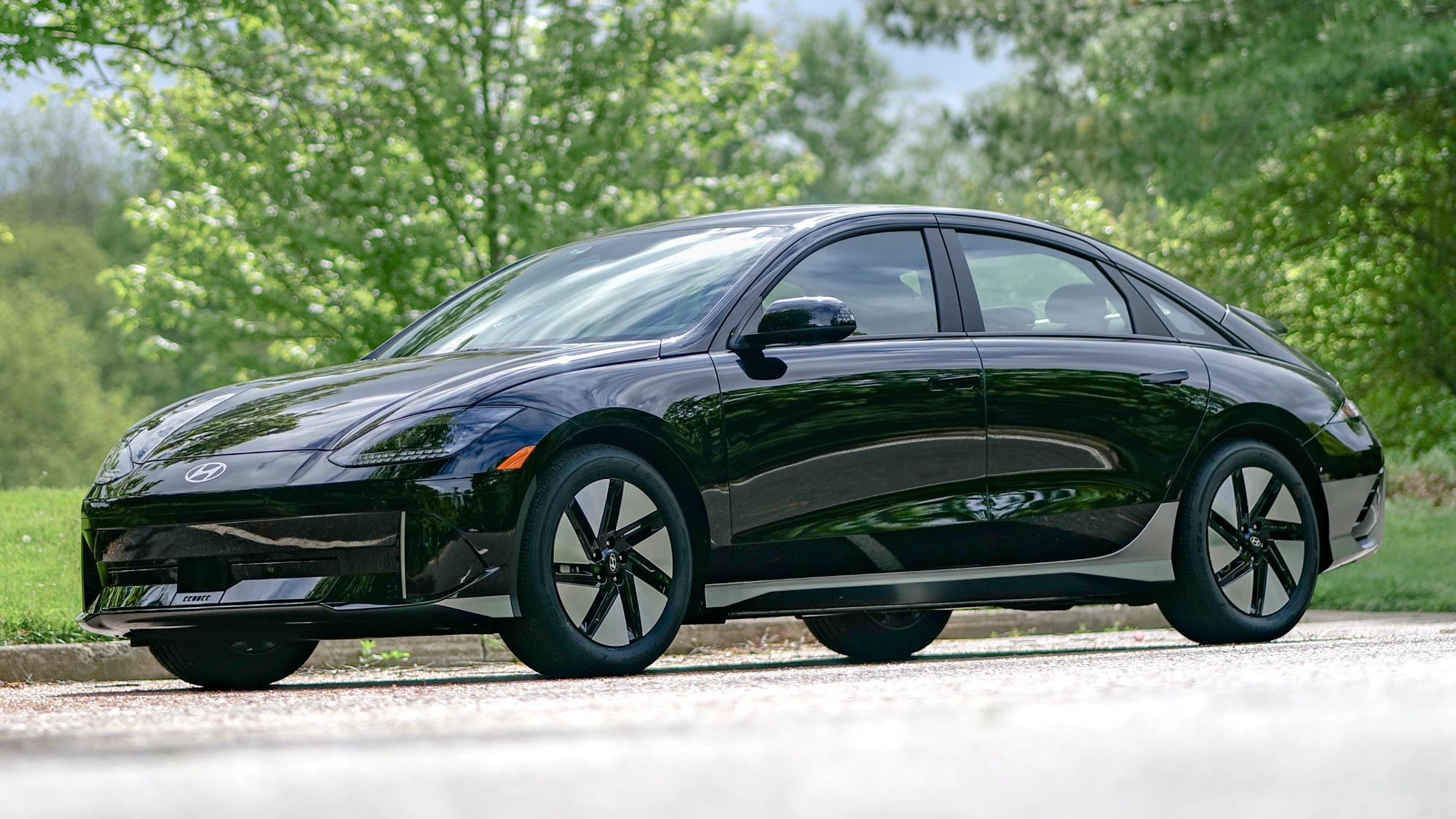
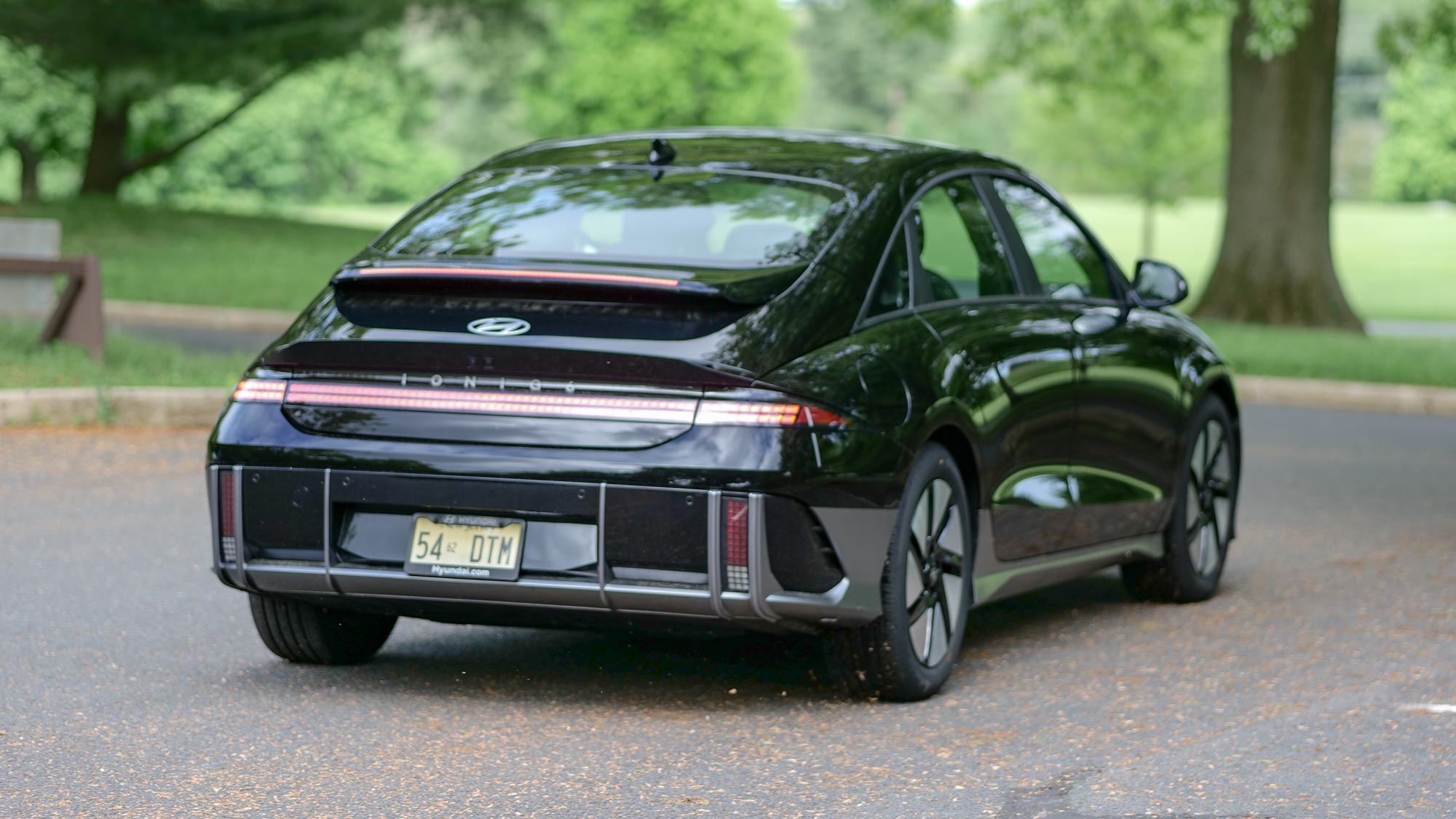
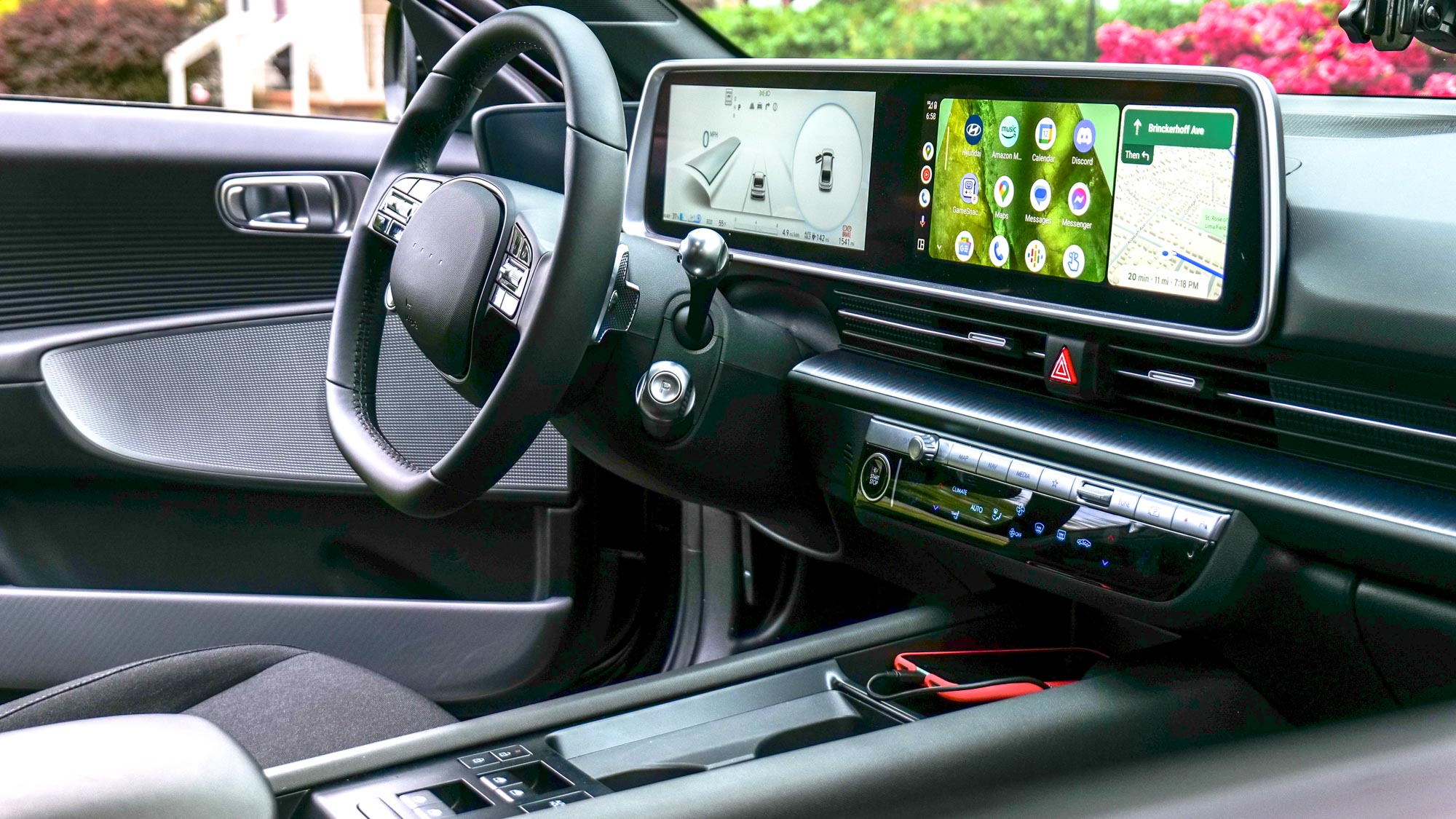

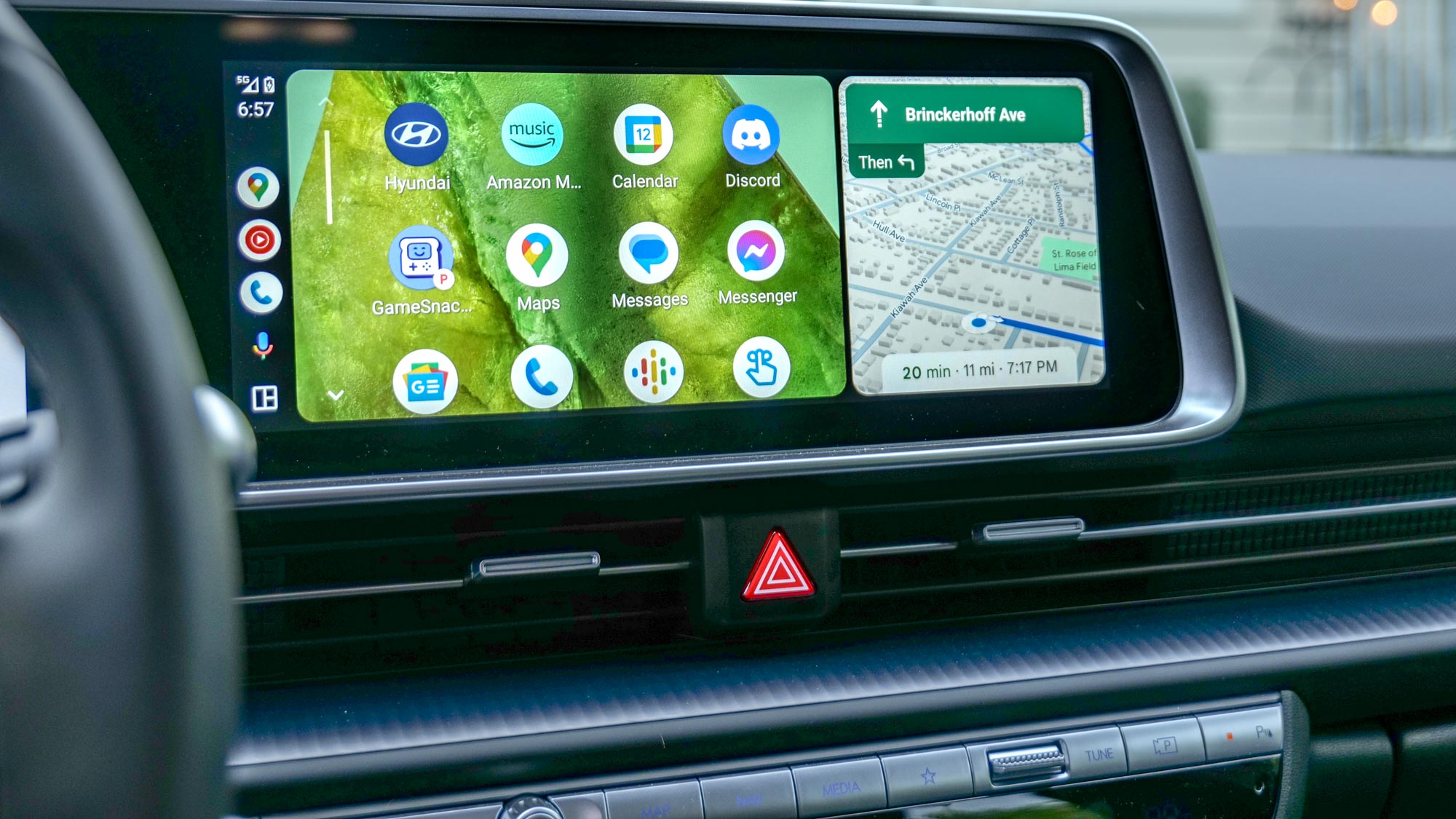
Being the only sedan to make this list, the Hyundai Ioniq 6 is the second most affordable electric car I’ve tested this year. Right now, there’s a healthy inventory of 2025 models, so here’s the breakdown for a 2025 IONIQ 6 SE Standard Range at $39,110:
- Loan amount: $41,847.70
- Interest rate: 6%
- Loan term: 69 months
- Estimated Monthly Car Payment: $715
- Estimated Total Cost Over 69 Months: $61,425.70
Even though this Standard Range model tops out with a range of 240 miles, you can opt instead to get a long range model that goes further at 361 miles. I think this EV offers a stylish design that mimics the aesthetics of a Porsche Cayman with its bubbled rear, but I’m surprised by the amount of room the Ioniq 6 has in the interior — including the rear, which has vast legroom for your passengers. It’s a fun drive, too, with the various driving modes it offers.
Toyota bZ4X
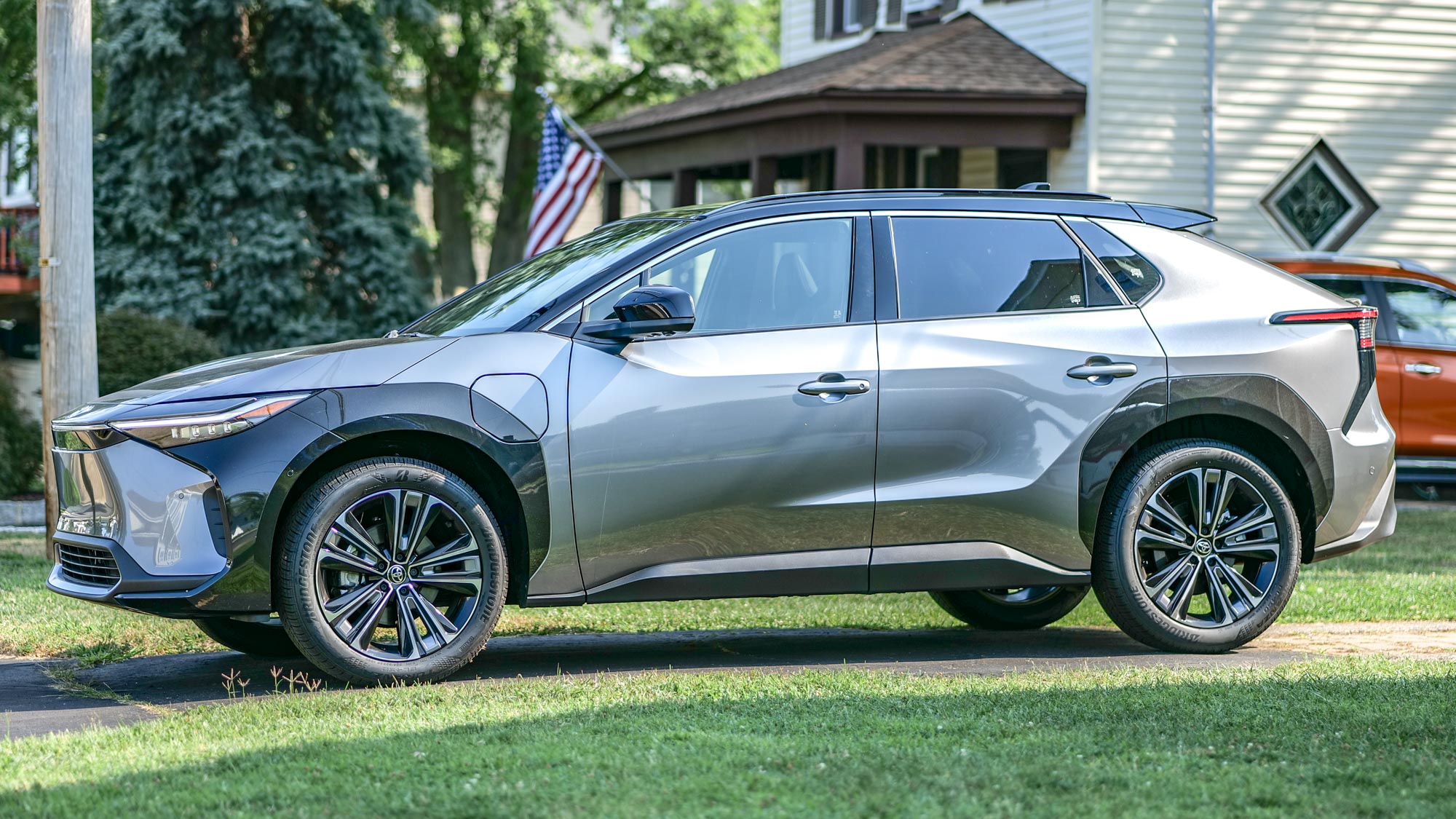
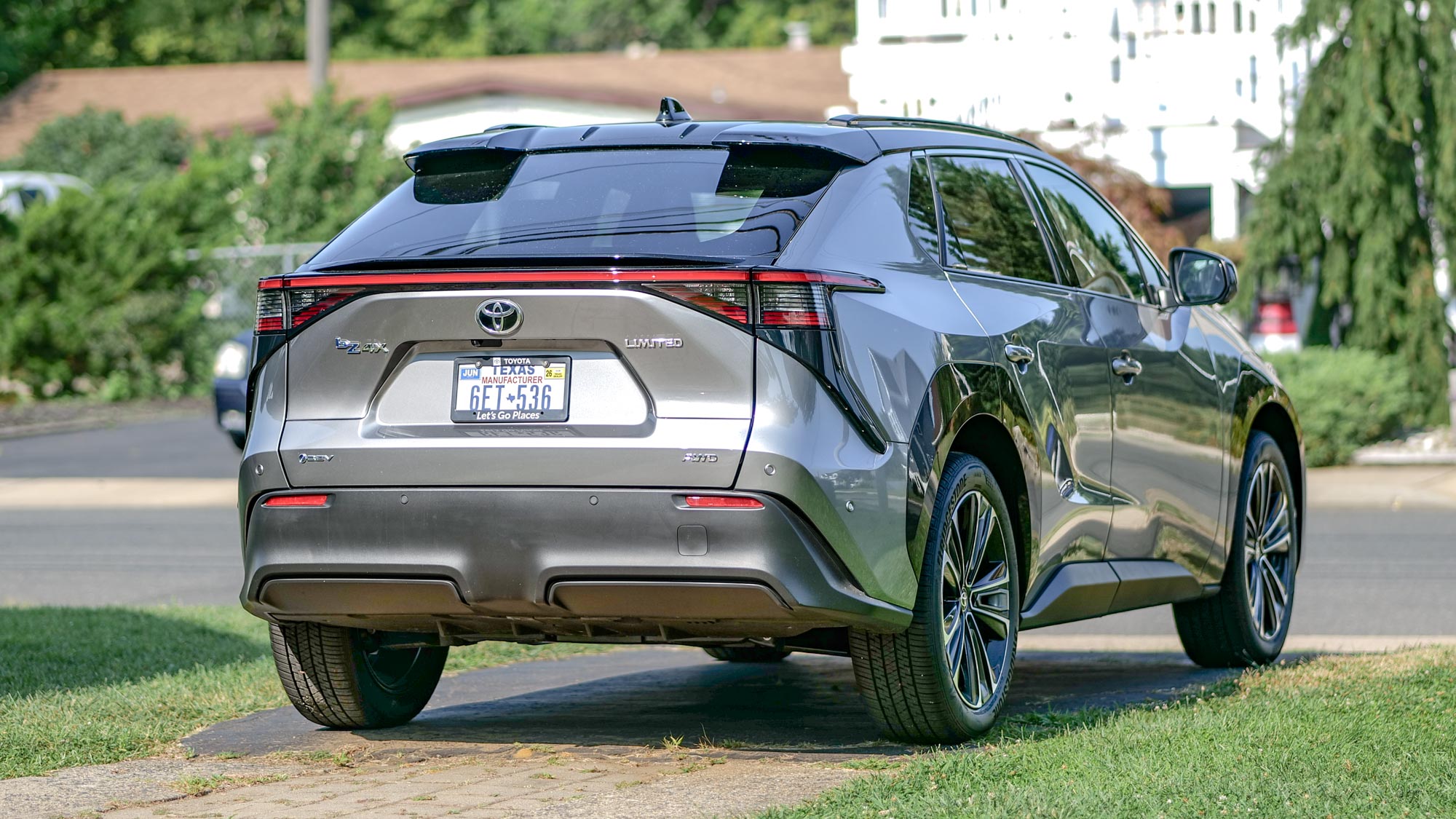
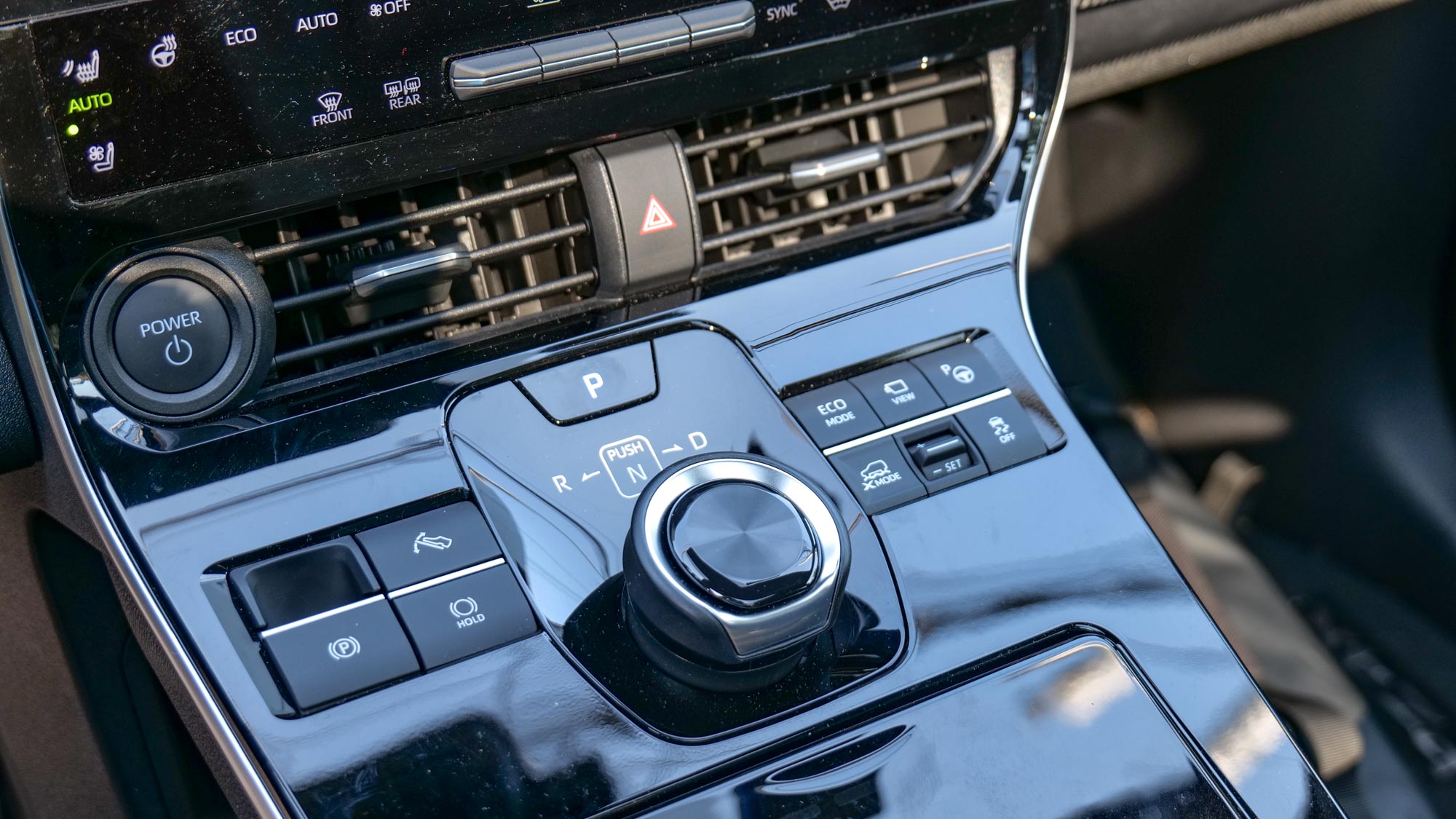
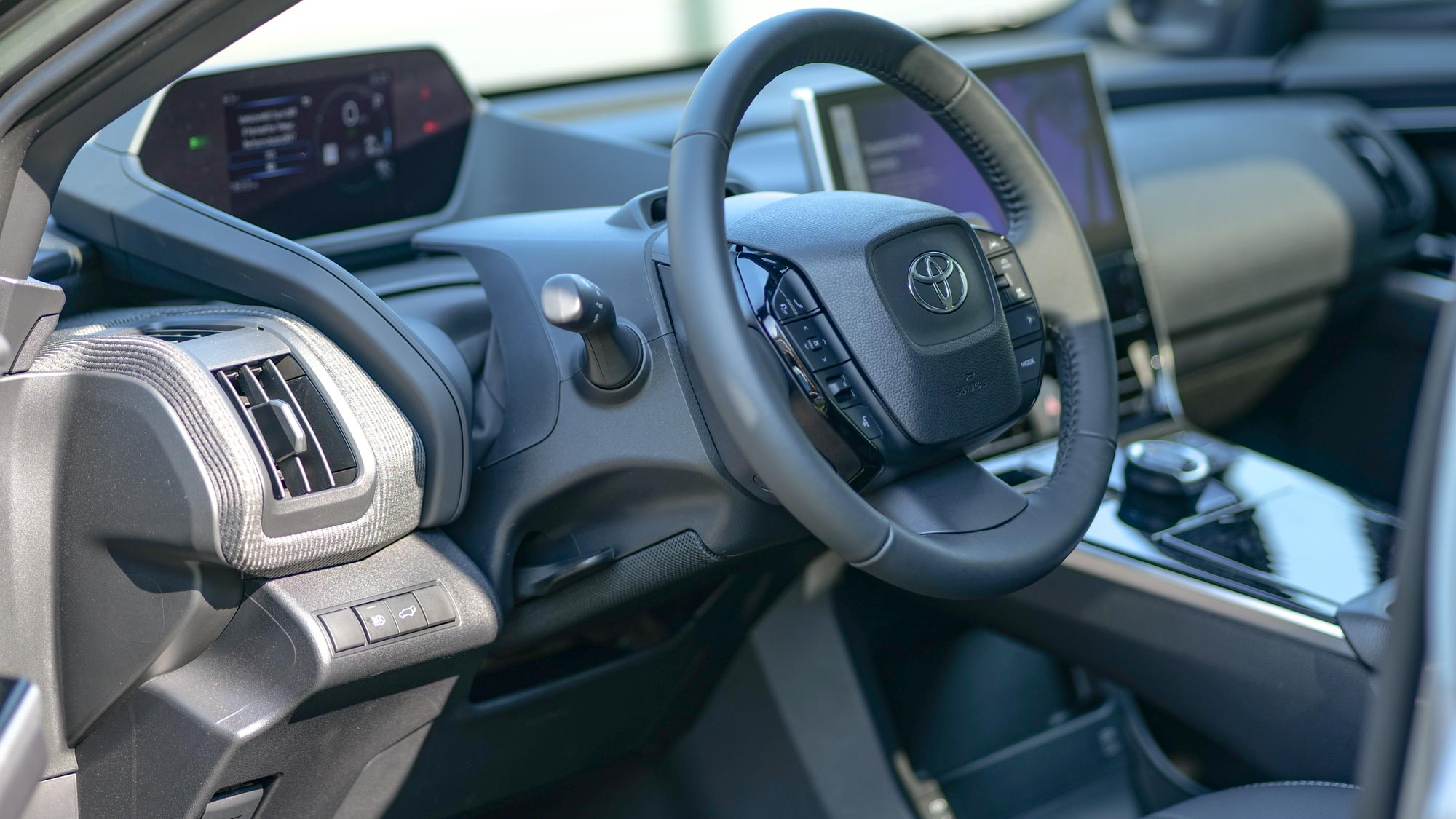

Toyota’s first ever EV wasn’t quite a hit compared to other EVs I’ve tested this year, but nonetheless, it’s priced modestly. In fact, I’ve frequently found exceptional lease offers throughout the year that call for monthly payments as low as $189 a month. In any case, here’s the breakdown of a model in inventory:
- Loan amount: $48,528.78
- Interest rate: 6%
- Loan term: 69 months
- Estimated Monthly Car Payment: $827
- Estimated Total Cost Over 69 Months: $69,593.78
One of the defining characteristics about the bZ4X is its futuristic looking design, which is accentuated most by the hard angled lines around the front and back. While it didn’t win me over with its short range, its smart cruise control system is one of the best around because of how it reacts smoothly to the conditions of the road.
Chevrolet Equinox EV
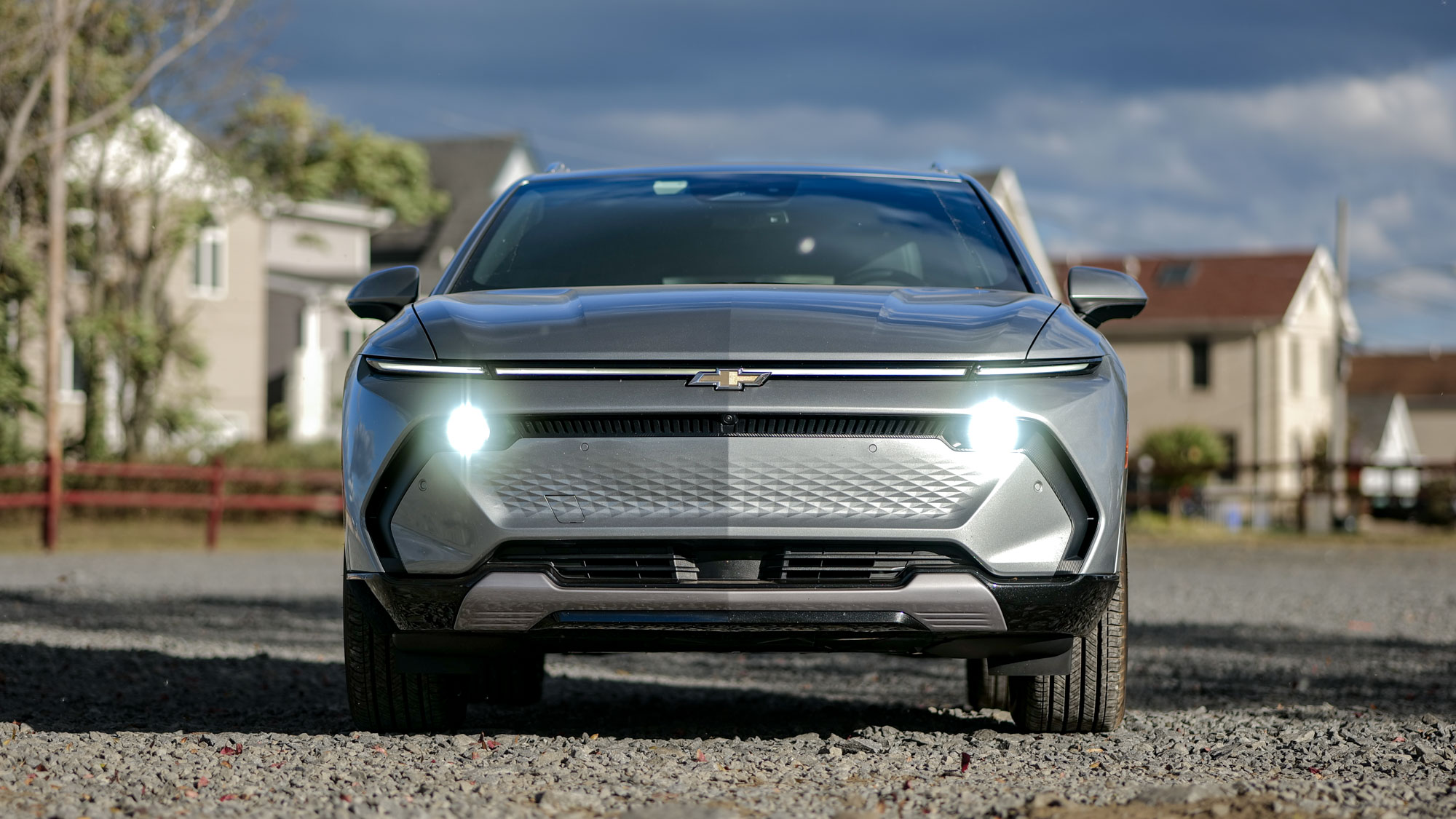
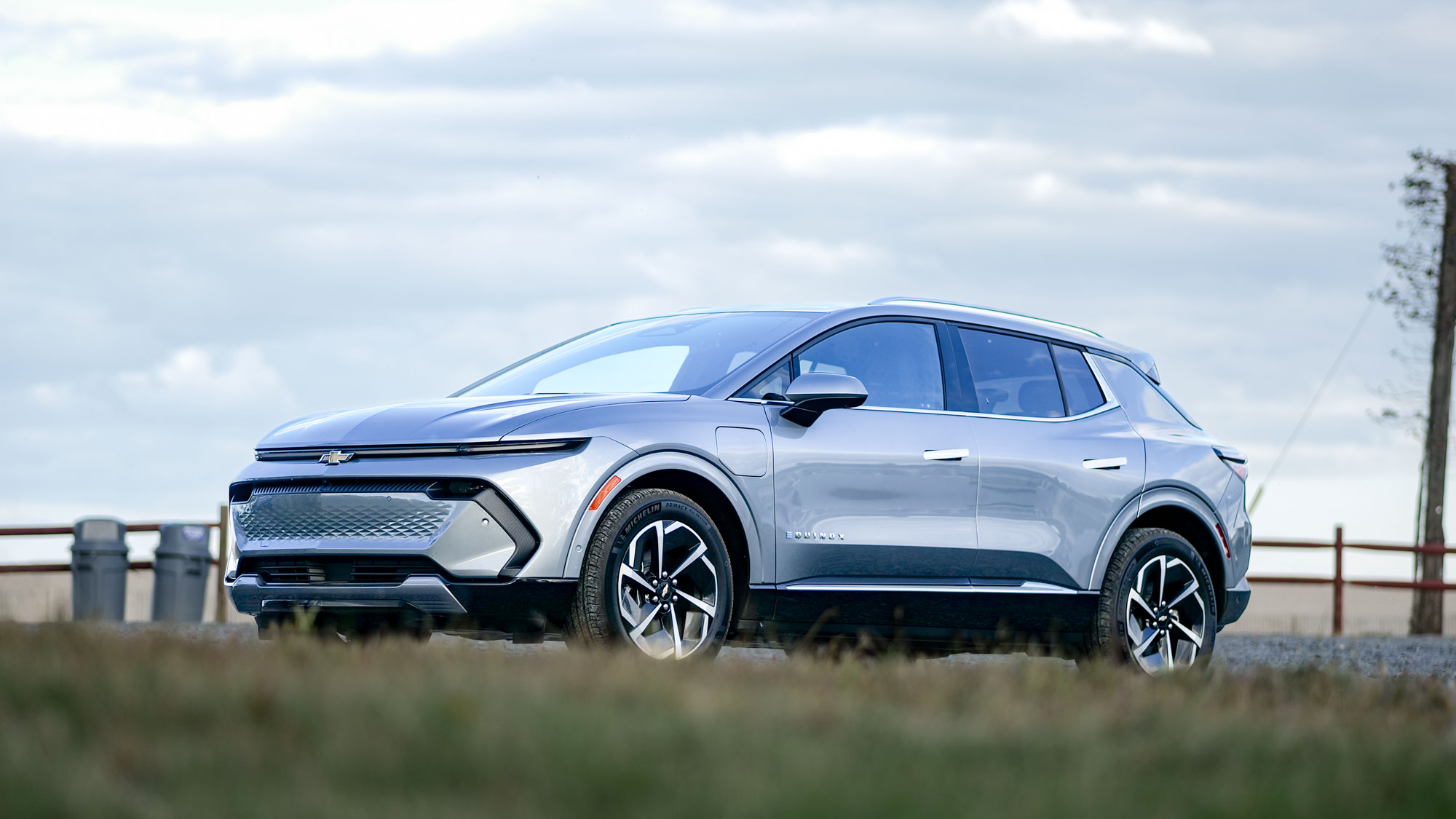
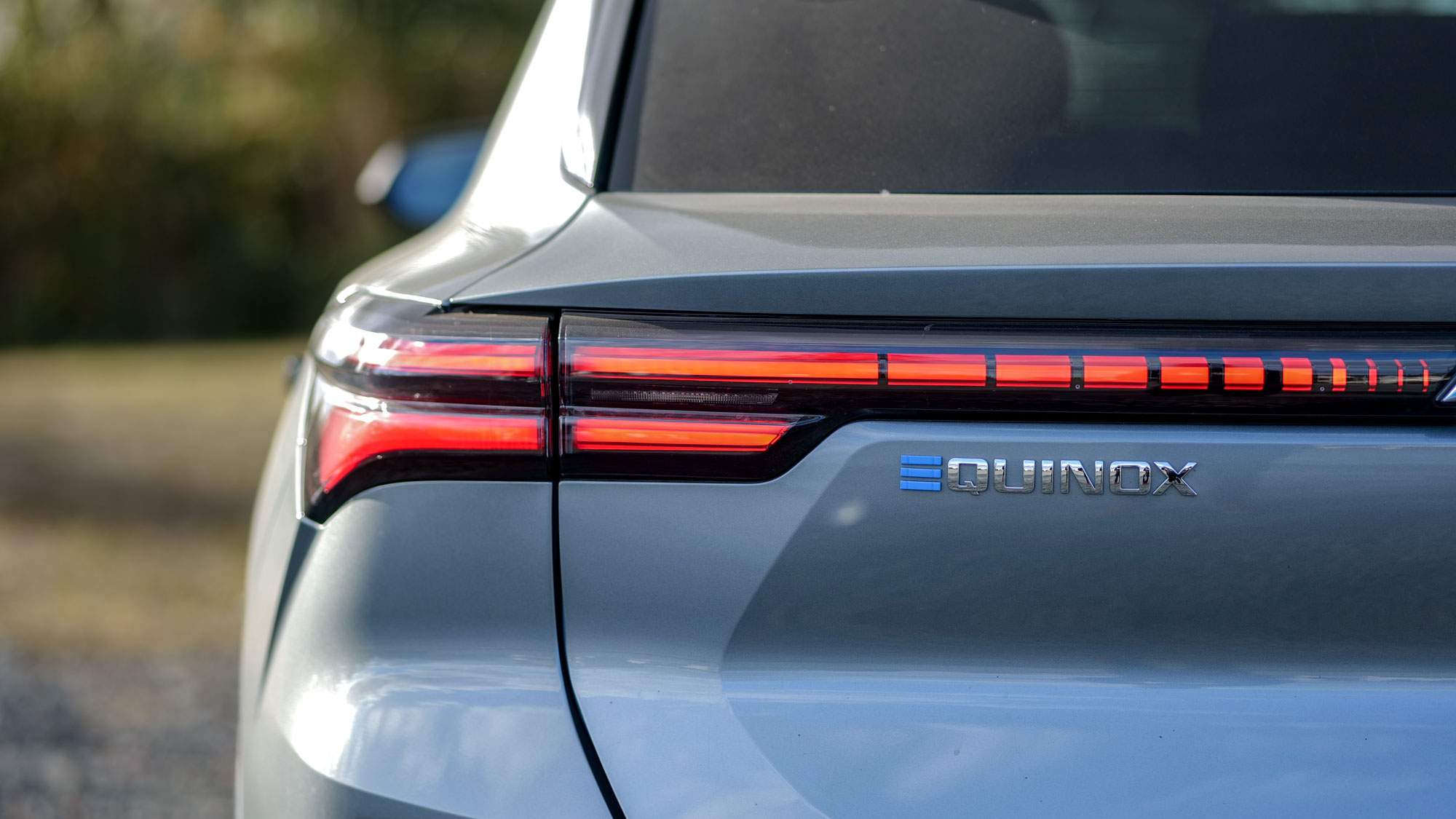


One of the bigger surprises for me this year has been the Chevrolet Equinox EV, which I think is a contender for the EV with the most value. Even though it carries an MSRP of $43,295, I found a similar model I’ve tested in inventory for $46,398.
- Loan amount: $49,645.86
- Interest rate: 6%
- Loan term: 69 months
- Estimated Monthly Car Payment: $846
- Estimated Total Cost Over 69 Months: $71,634.86
For an SUV, the Equinox EV impresses me for its outstanding efficiency of 3.9 mi/kWh, which I think is much more satisfying than the Kona Electric because of its roomier cabin space and larger trunk. I’m also equally as impressed with the vehicle's Level 1 charging speed, which is one of the fastest I’ve charged at home. Even though you only get the basic features with the EV, its great handling, large size, and modest price makes it a strong contender.
Honda Prologue
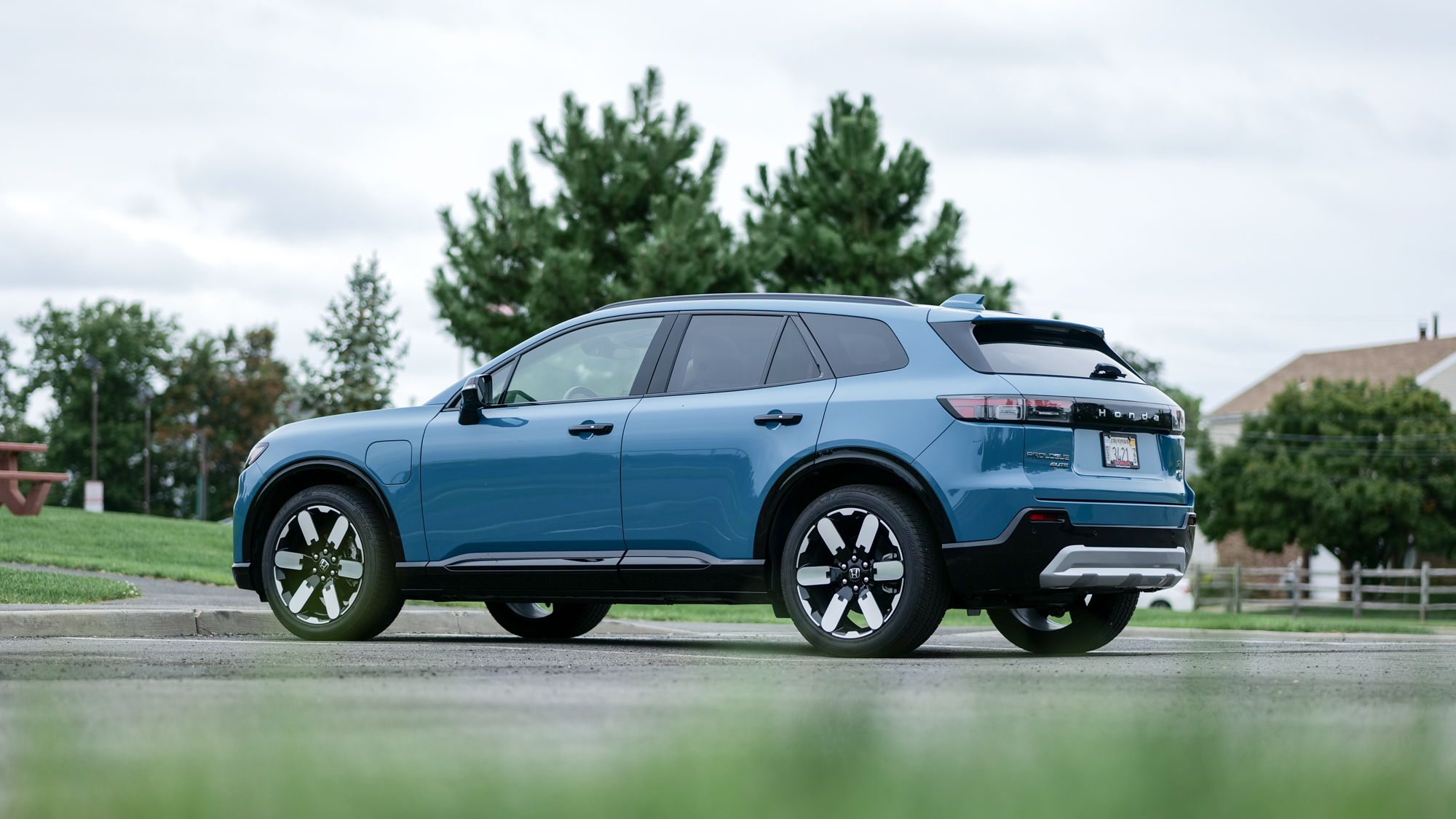
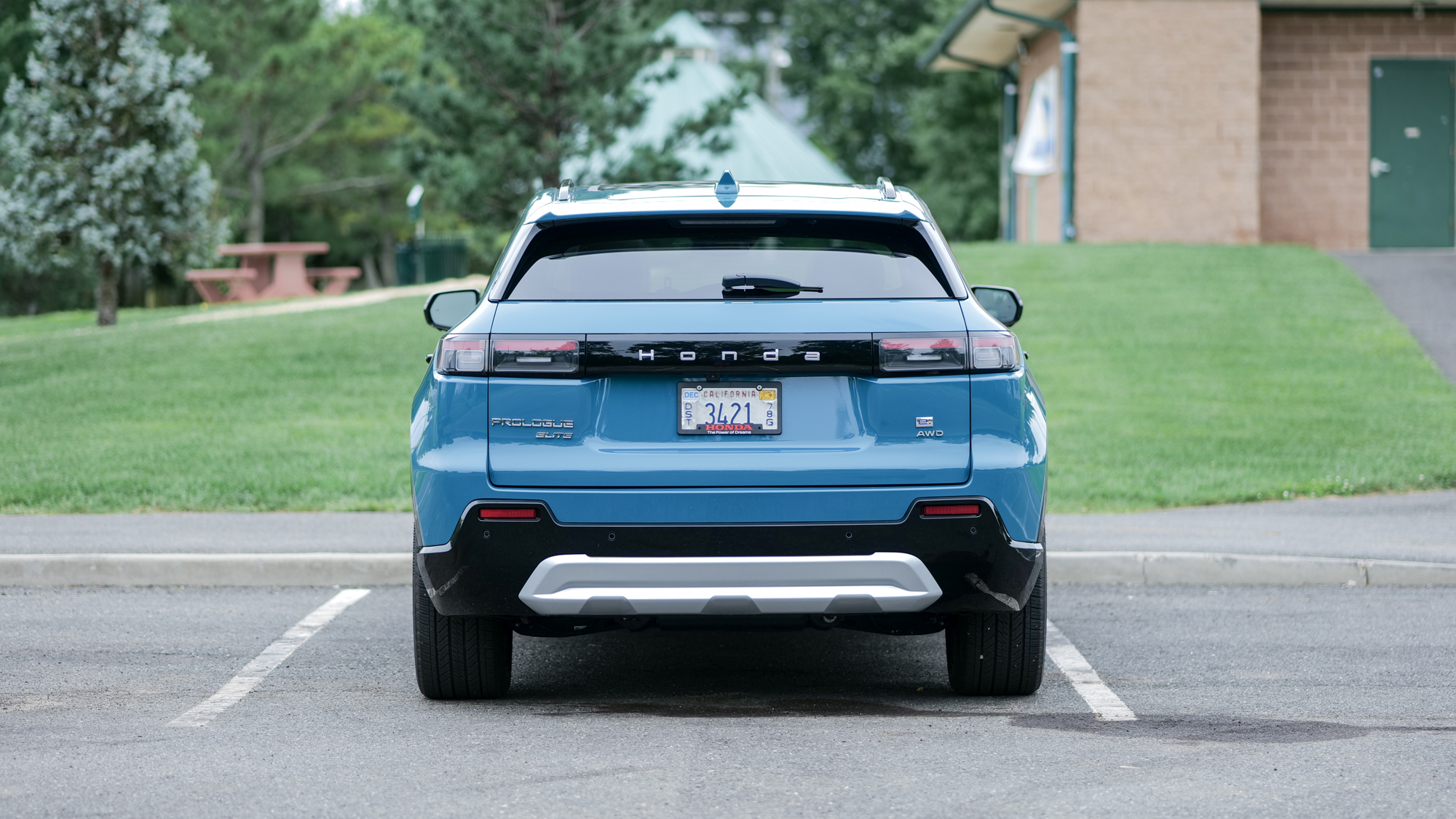
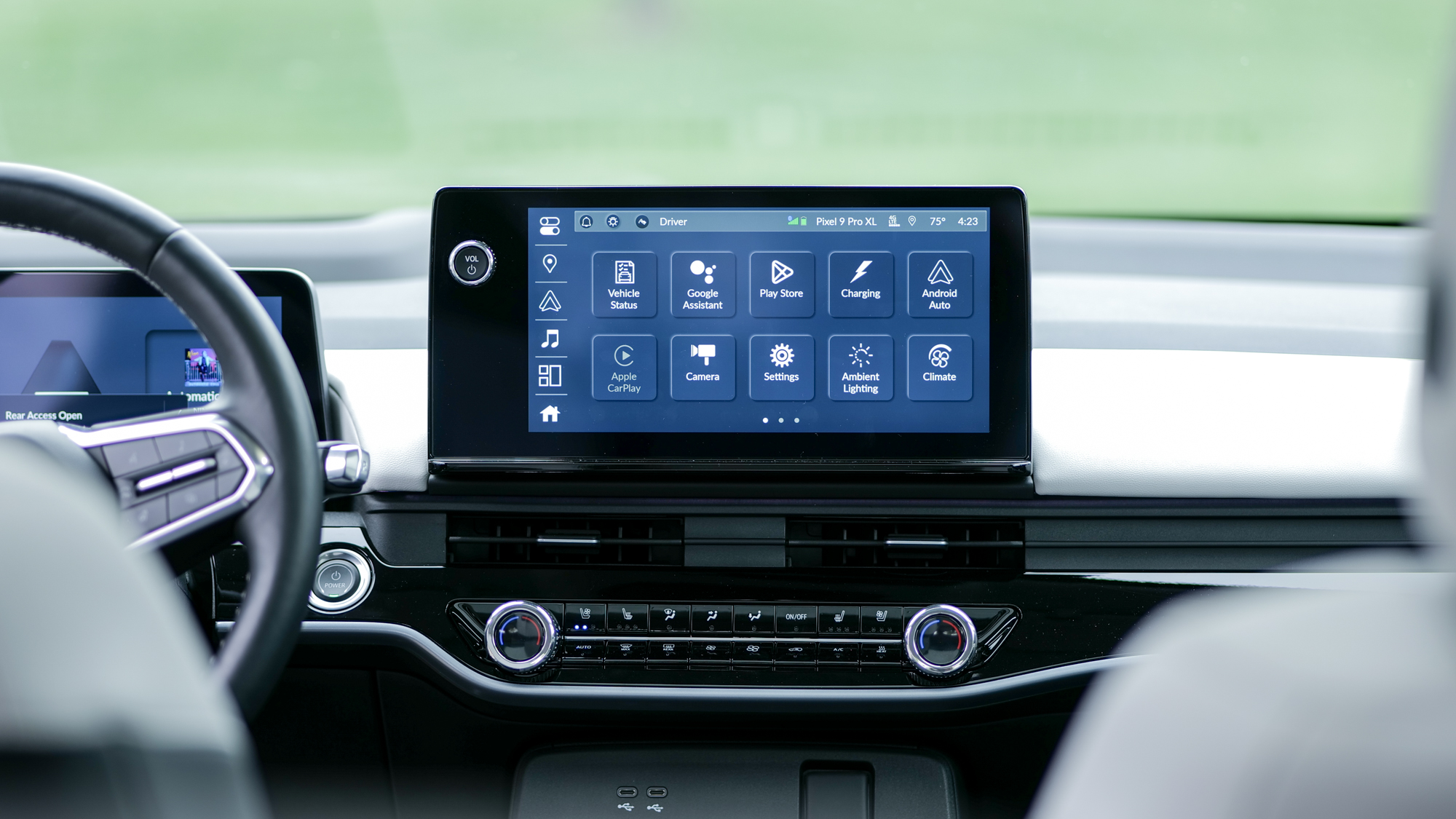
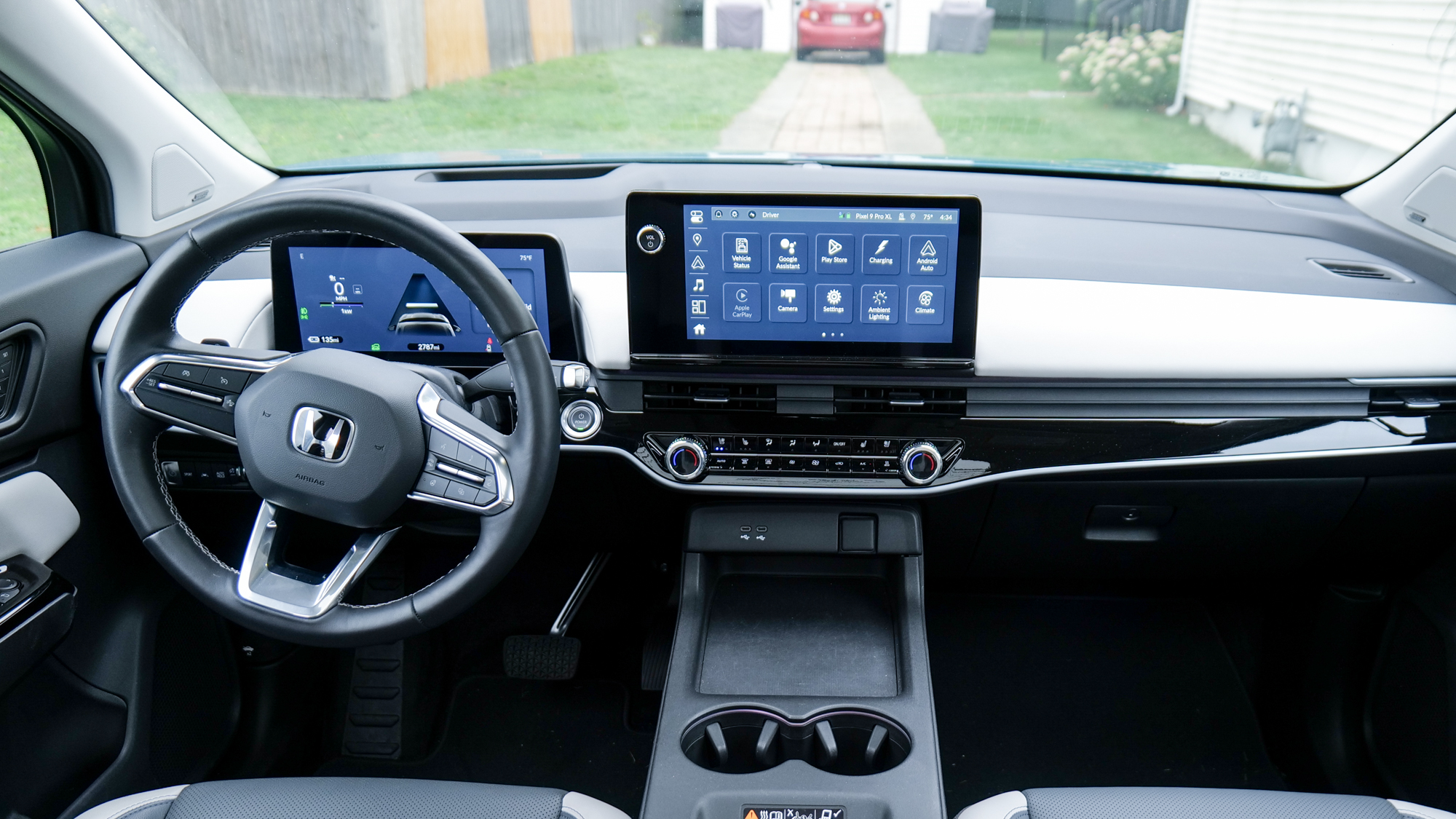

And finally, the Honda Prologue finishes out this list of the most affordable EVs. I was initially skeptical about it when I previewed it back at the New York Auto Show, but it has since proven to be one of the most satisfying EVs. Right now, you can find one in inventory for $49,000.
- Loan amount: $52,430
- Interest rate: 6%
- Loan term: 69 months
- Estimated Monthly Car Payment: $893
- Estimated Total Cost Over 69 Months: $75,587
Nearly everything about the Honda Prologue impressed me, down to its 3.4 mi/kWh efficiency. This mid-sized SUV has plenty of room to comfortably seat 5 adults, with ample trunk space to carry larger payloads you couldn’t fit in a sedan. While it’s not the speediest out there, it has enough power and wide turning radius to effortlessly handle city and highway driving.
Bottom Line
Many of these EVs have attractive MSRPs, but when you actually go to search the available inventory, it’s unlikely you’ll find a base model without any add-on packages thrown in. Just know that the expectation is to pay several thousands more for an EV you’re looking to buy. While these monthly car payments are still outrageous in my opinion, I’m inclined to say that they’re easier to handle as an entire household — rather than having to rely on a single person for all of the financial burden.
Furthermore, you can’t talk about the elephant in the room. I’m referring to the Tesla Model 3, which I didn’t get the chance to test out. Without any rebates or incentives, it carries an MSRP of $42,490, but it can go down to as low as $29,490.







